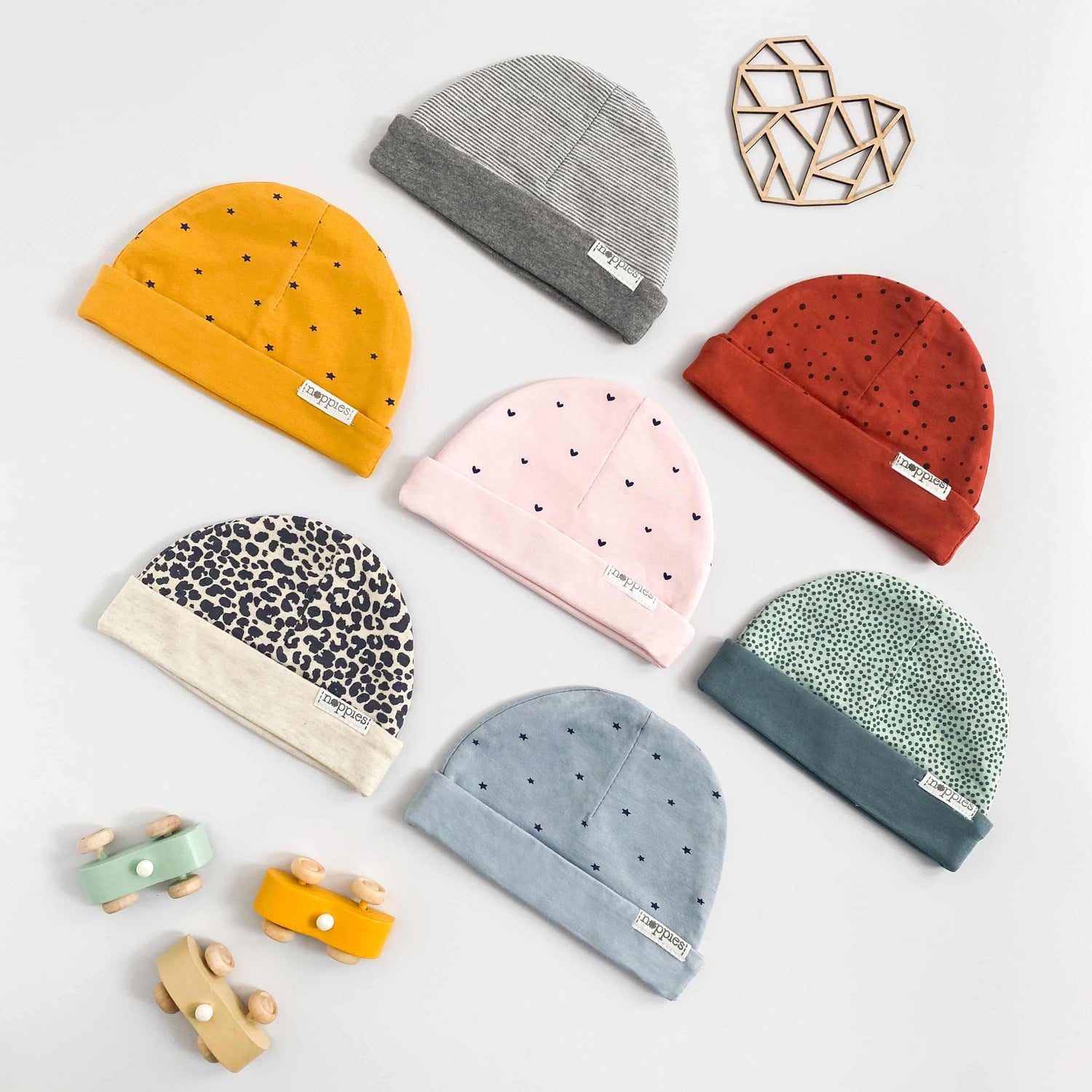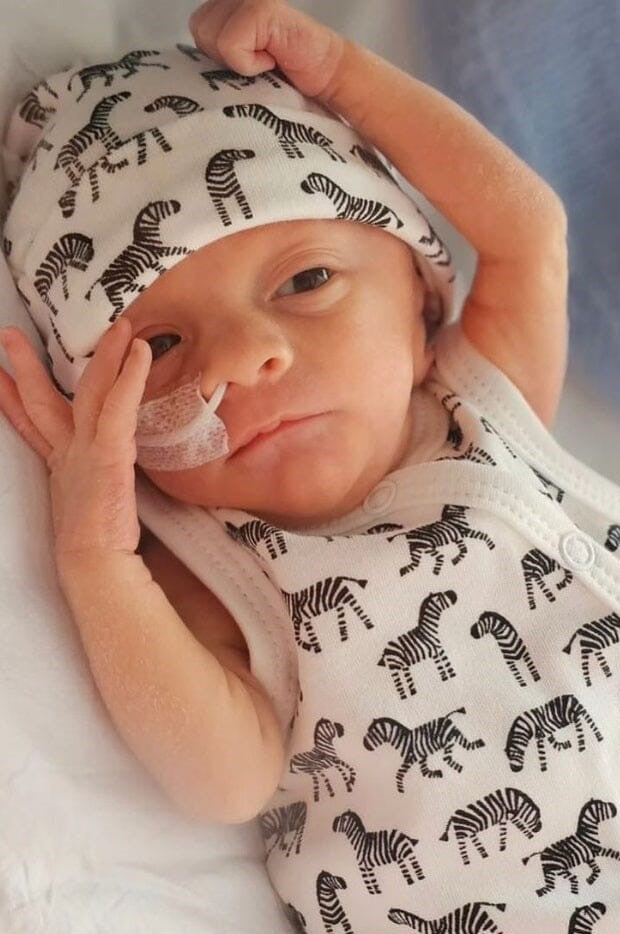The Essential Guide to NICU-Friendly Clothes: Comfort and Convenience for Your Little One
Introduction
The neonatal intensive care unit (NICU) can be an overwhelming place for parents of premature or critically ill newborns. During this challenging time, finding comfort and practicality in every aspect of your baby's care is essential. One often-overlooked aspect is your baby's clothing.
NICU-friendly clothes are specially designed to provide easy access for medical procedures and ensure your baby's comfort. In this article, we'll explore the importance of NICU-friendly clothing and provide tips on choosing the right garments for your little one.
Why NICU-Friendly Clothes Matter
Medical Accessibility: NICU-friendly clothes are designed with medical procedures in mind. They have strategically placed openings, snaps, or Velcro closures, allowing healthcare professionals to monitor your baby's vital signs, administer treatments, and perform necessary tests without having to undress them completely. This minimizes stress and discomfort for your baby.
- Temperature Regulation: Premature babies often struggle with regulating their body temperature. NICU-friendly clothes come in a variety of fabrics suitable for different temperature needs. They can help keep your baby warm while allowing for easy access to temperature probes and monitoring equipment.
-
Skin Sensitivity: Premature and critically ill newborns often have delicate and sensitive skin. NICU-friendly clothes are typically made from soft, hypoallergenic materials that minimize irritation and reduce the risk of skin-related issues.
Choosing the Right NICU-Friendly Clothes
-
Size Matters: NICU-friendly clothes come in various sizes, so it's essential to choose the right size for your baby's current needs. Premature infants can vary greatly in size, so consult with your healthcare team to determine the appropriate size.
-
Fabric Selection: Opt for soft, breathable fabrics like organic cotton or blends designed for sensitive skin. Avoid clothes with rough seams or tags that might irritate your baby's delicate skin.
-
Accessibility Features: Look for NICU-friendly clothes with strategically placed openings or closures. Snap buttons, Velcro, or side snaps are common options. These features make it easier for medical professionals to access your baby without disturbing their rest.
-
Layering: Since premature babies often have difficulty maintaining their body temperature, consider layering NICU-friendly clothes to provide insulation and adjust as needed.
-
Design and Style: NICU-friendly clothes come in various designs and styles, so you can choose outfits that not only provide comfort and practicality but also reflect your personal taste and style.
-
Washability: NICU-friendly clothes will need frequent washing due to the hospital environment. Ensure that the clothes you choose are machine-washable and durable to withstand repeated use.
- Consult the NICU Staff: Don't hesitate to seek advice from the NICU nursing staff or neonatologist. They can provide valuable insights into what types of NICU-friendly clothes work best for your baby's specific needs.
Conclusion
During your baby's stay in the NICU, providing them with comfortable and practical clothing is crucial. NICU-friendly clothes offer numerous benefits, from medical accessibility to temperature regulation and skin sensitivity. By carefully selecting the right size, fabric, and design, you can help ensure your little one's comfort while they receive the specialized care they need.
Remember, your baby's healthcare team is there to guide you in making the best clothing choices for your unique situation.




